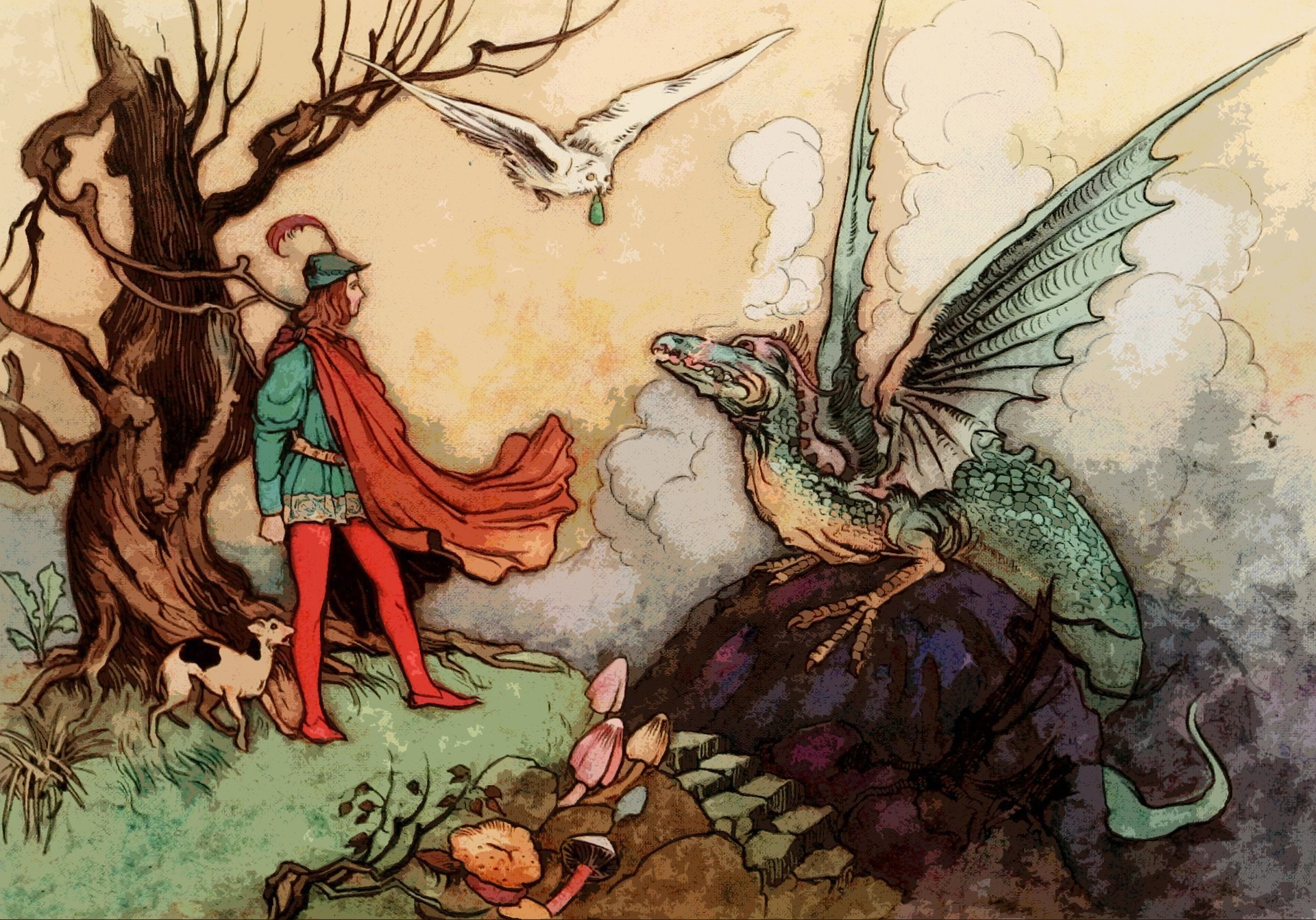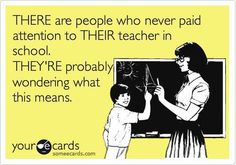The Power of Paraprosdokians

Have you ever heard of the word paraprosdokian? I hadn’t, until a short time ago, and then I went down the rabbit hole to investigate further. A paraprosdokian is a sentence which consists of two parts. The first is a figure of speech and the second an intriguing variation of the first. Also called the surprise ending, it is often used for comic effect. In his book “Tyrannosaurus Lex” (2012), Rod L. Evans characterizes paraprosdokians as “sentences with ambushes, . . . as in comedian Stephen Colbert’s line, ‘If I am reading this graph correctly—I’d be very surprised.'” The word paraprosdokian comes from the Greek, meaning “beyond” + “expectation,” and is pronounced pa-ra-prose-DOKE-ee-en.
Henny Youngman’s famous joke “Take my wife – please!” is perhaps the most well-known example of a paraprosdokian in comedy. You expect that he’s using his wife as an example for a joke, but then indicates he wants you to literally take her away by adding the punchline “please!” Here are some additional examples from comedians:
- “I’ve had a perfectly wonderful evening, but this wasn’t it.” –Groucho Marx
- “There’s a bunch of different crunches that affect the abs … my favorite is Nestle.” — Shmuel Breban
- “He taught me housekeeping; when I divorce I keep the house.” –Zsa Zsa Gabor
- “When I was a kid my parents moved a lot, but I always found them.” –Rodney Dangerfield
- “To keep fit my grandmother walks five miles a day. She’s 97 now and we have no idea where she is.” —Anonymous
- “Standing in the park today, I was wondering why a frisbee looks larger the closer it gets…then it hit me.”–Stewart Francis
- “The company accountant is shy and retiring. He’s shy a quarter of a million dollars. That’s why he’s retiring.” –Milton Berle
- “I’m a very tolerant man, except when it comes to holding a grudge.” –Robin Williams
- I have a lot of growing up to do. I realized that the other day inside my fort. ~Zach Galifianakis
Paraprosdokians can often be found in movies and television shows. Here are some examples from both media:
- “If I could say a few words, I would be a better public speaker.” –The Simpsons (1989)
- “You know what they say: you can lead a herring to water, but you have to walk really fast or he’ll die.”–Golden Girls
- “If you want to receive emails about my upcoming shows, please give me money so I can buy a computer.”–Friends
- “I’m not superstitious, but I am a little stitious.” –The Office
- “Gentlemen, you can’t fight in here, this is the War Room!” –Dr. Strangelove, or: How I learned to Stop Worrying and Love the Bomb
- “I am a very committed wife. And I should be committed too – for being married so many times.” – Elizabeth Taylor
- “She thinks I’m too critical. That’s another fault of hers.” –Arrested Development
- “Behind every great man there’s a woman, rolling her eyes.” ~Jim Carrey in Bruce Almighty
Writers are not averse to using paraprosdokians to liven up their prose, keep their readers guessing, or establish a humorous tone. Here are some examples from authors:
- “On his feet he wore…blisters.” —Aristotle
- “I have the heart of a small boy – in a glass jar on my desk.” –Stephen King
- “The Texan turned out to be good-natured, generous and likable. In three days no one could stand him.” –Joseph Heller, Catch 22
- “The freelance writer is a man who is paid per piece or per word or perhaps.” –Robert Benchley
- “It is a terrible thing to see and have no vision.” ~Helen Keller
- “He’s a writer for the ages…for the ages of four to eight.” –Dorothy Parker
- “You know what makes a good loser? Practice. ” — Ernest Hemingway— Papa: A Personal Memoir
“No, that is the great fallacy: the wisdom of old men. They do not grow wise. They grow careful.” Ernest Hemingway — A Farewell to Arms
- “When I was young, I used to think that money was the most important thing in life; now that I am old, I know it is.” – Oscar Wilde
- “Some cause happiness wherever they go. Others whenever they go.” –Oscar Wilde
- “War does not determine who is right – only who is left.” –Bertrand Russell
Popular politicians and other historical figures are often known for their wit and clever sayings.
- “We can always count on the Americans to do the right thing, after they have exhausted all the other possibilities.” –Winston Churchill
- “A fool and his money are soon elected.” — Will Rogers
- “Blessed are the young, for they shall inherit the national debt.”–Herbert Hoover
- “Three may keep a secret, if two of them are dead.” –Benjamin Franklin
- “People say I’m indecisive, but I don’t know about that.” –George H.W. Bush
- “If I had to name my greatest strength, I guess it would be my humility. Greatest weakness, it’s possible that I’m a little too awesome.” –Barack Obama
- “Any man who can drive safely while kissing a pretty girl is simply not giving the kiss the attention it deserves.” Albert Einstein
- “The only thing that interferes with my learning is my education.” Albert Einstein
- “In the end, it’s not the years in your life that count. It’s the life in your years.” Abraham Lincoln
- “The truth will set you free. But first, it will piss you off.” ~Gloria Steinem
- “If everything seems under control, you’re just not going fast enough.” –Mario Andretti
Finally, here are some funny anonymous examples. Enjoy!
- Where there’s a will, I want to be in it.
- Knowledge is knowing a tomato is a fruit. Wisdom is not putting it in a fruit salad.
- I want to die peacefully in my sleep, like my grandfather. Not screaming and yelling like the passengers in his car.
- Dolphins are so smart that within a few weeks of captivity, they can train people to stand on the very edge of the pool and throw them fish.
- Why does someone believe you when you say there are four billion stars but check when you say the paint is wet?
- Why do Americans choose from just two people to run for president and 50 for Miss America?
- When tempted to fight fire with fire, remember that the Fire Department usually uses water.
- To be sure of hitting the target, shoot first and call whatever you hit the target.
- Nostalgia isn’t what it used to be.
- The early bird might get the worm, but the second mouse gets the cheese.
- I discovered I scream the same way whether I’m about to be devoured by a great white shark or if a piece of seaweed touches my foot.
- Always swim or dive with a friend. It reduces your chance of shark attack by 50%.
- Silence is golden; duct tape is silver.
- I’m great at multi-tasking. I can waste time, be unproductive, and procrastinate all at once.
- Kittens play with yarn, they bat it around. What they’re really doing is saying, “I can’t knit, get this away from me!”
- Build it and they will complain.
- I always take life with a grain of salt… plus a slice of lemon… and a shot of tequila.
Using Paraprosdokians Effectively
As an entrepreneur, you can use paraprosdokians to add a dose of humor or surprise to your posts, on Facebook, Instagram, Twitter, or Pinterest. You can post them on your website to catch your customers’ attention. Use one of the many online tools to create an image with your quotation inside, such as Canva, PicMonkey, Stencil, Snappa, or one of the others. Louise Myers has some trainings on the best ways to do this: https://louisem.com/3951/paraprosdokians-social-media-quote.
Sources:
Hollingsworth, Alyssa. “10 of the Snarkiest Ernest Hemingway Quotes,” July 15, 2021.
Myers, Louise. “Paraprosdokians: 200 Funny One Liners for Social Media”, March 11, 2020. https://louisem.com/3951/paraprosdokians-social-media-quotes.
Pelerin, Monty. Monty Pelerin’s World. “182 Paraprosdokians.” September 5, 2011. http://www.economicnoise.com/2011/09/05/182-paraprosdokians/.
Wikipedia: “Paraprosdokian.” https://en.wikipedia.org/wiki/Paraprosdokian.
Your Dictionary: “Paraprosdokian: 40 Funny Sentences You Won’t Expect”: https://examples.yourdictionary.com/paraprosdokian-40-funny-sentences-you-wont-expect.html.
Compiled by: Karen E. Schuster
603-969-0881
http://www.eagle-eye-editing.com
July 13, 2021












